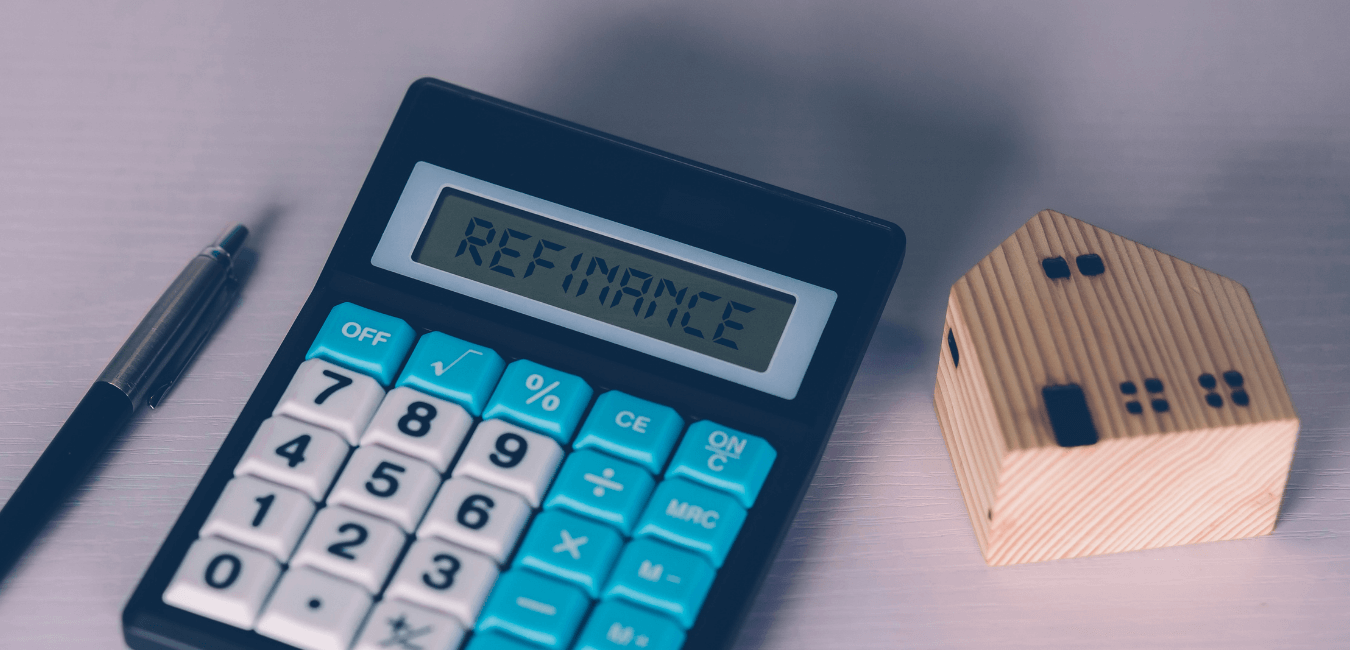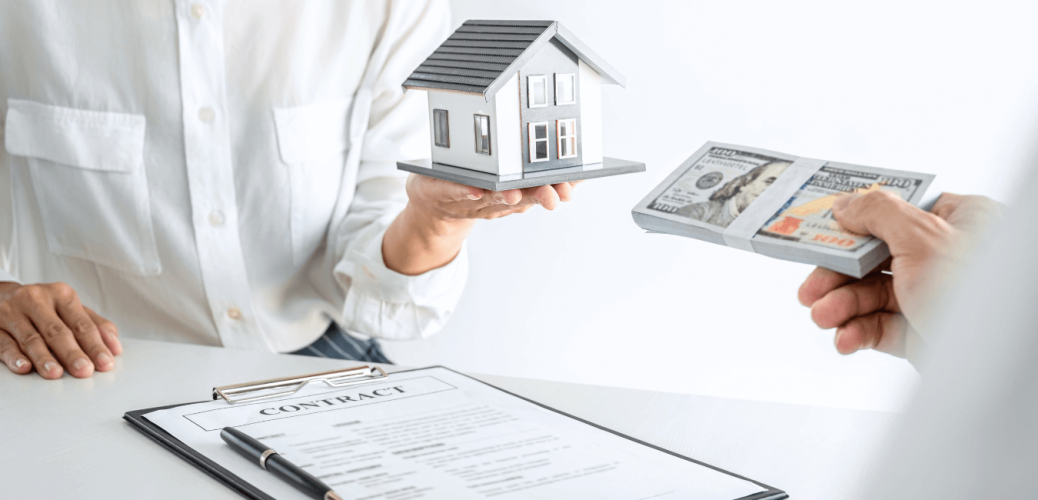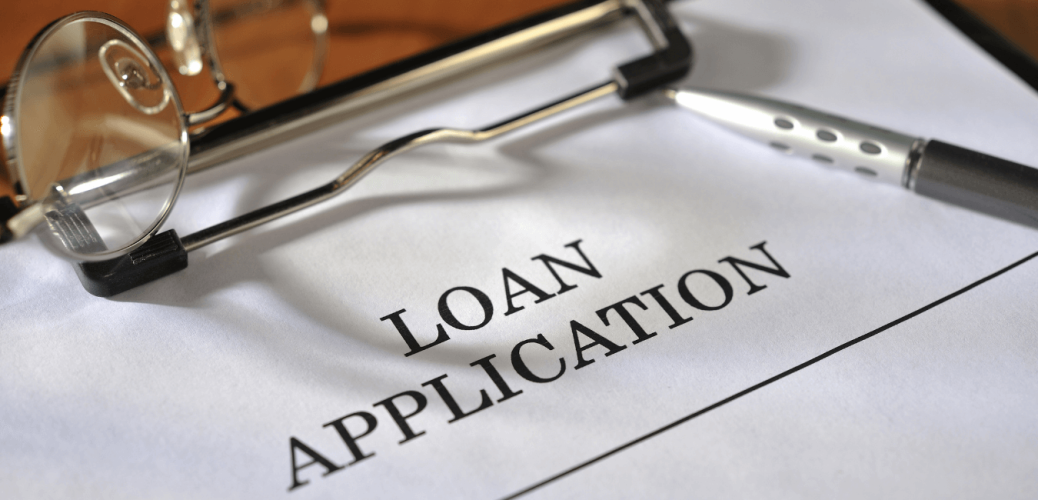As a homeowner, you may be noticing that interest rates are historically low. You may see a variety of ads encouraging you to refinance. How do you know whether it makes sense to do so? It’s common for homeowners to wonder, “When should I refinance my home?”
Will You Save Money?
The first question to ask yourself is whether you’ll save money. While your interest rate may go down, the interest rate isn’t the only thing to consider. The closing costs you’ll have to pay to refinance your mortgage can be steep. Usually, closing costs are about two to five percent of the principal balance of the loan. The new lender may be willing to add the closing costs to the loan amount, but this means the interest you pay each month will be calculated on a higher principal balance.
While you’re considering the cost of refinancing, think about how long you expect to stay in the house. If you’re expecting to move in a couple of years, it may not be worth it to add these costs to what you owe.
Your Current Mortgage
Another thing to look at is the terms of your current mortgage. If you currently have an adjustable-rate mortgage, you may want to refinance into a fixed-rate mortgage while rates are low. If refinancing means you’ll pay a lower monthly payment, it might benefit your overall budget. Or if you’re refinancing to a loan with a shorter term, you’re giving yourself a chance to have your house paid in full much sooner.
Taking cash out to pay off credit card debt may or may not be a good idea. You may want to combine your credit card debt with your mortgage payment since the mortgage interest rate may be lower than the rate on your credit cards. However, this may not actually benefit you if you start building up credit card debt again.
Know Your Credit Standing
Before you try to refinance your home, make sure your credit is in the best shape it can be. As long as you have good credit, you should be able to get favorable terms. But if you’ve recently had some financial difficulties, you may not be able to get a mortgage at the rate and terms you’re looking for. Always pay your bills on time, and if you’re able to pay down any outstanding loans or credit card debt before applying for a new mortgage, that can help to improve your credit score.
Are Your Credit Reports Accurate?
Another thing to do before you try to refinance your home is to check your credit reports to make sure all the information on them is accurate. If there are any errors on your credit report.



